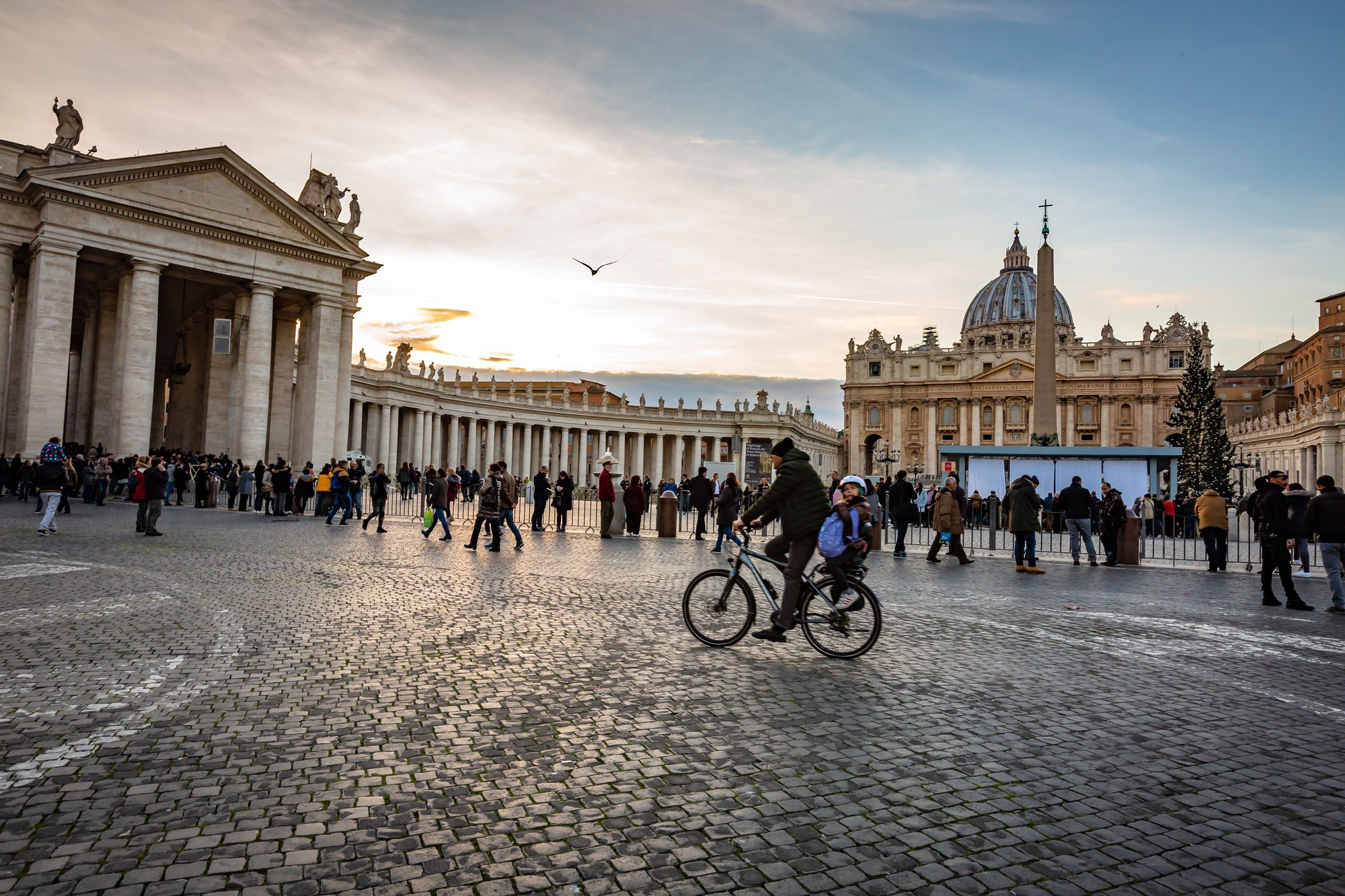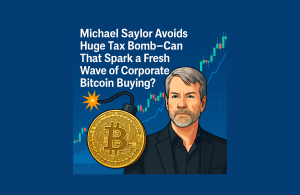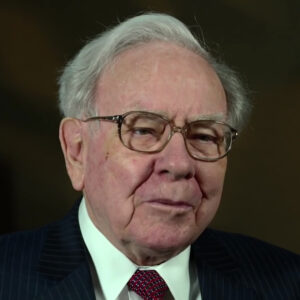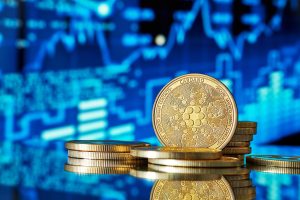The passing of Pope Francis at the age of 88 marks the end of a papacy defined by humility, reformist tendencies, and vocal positions on economic inequality and environmental responsibility. While his death does not directly impact global markets in the same way as a central bank decision or geopolitical shock, there are several indirect ways it could shape investor sentiment, sector trends, and corporate strategies—especially in regions with significant Catholic influence.
🏦 Investor Reaction: Minimal But Watchful
Major equity markets were largely unmoved in early trading following the Vatican’s announcement. The death of a pope typically doesn’t result in sharp swings in indices or asset prices, as the Catholic Church has no formal economic policy or direct control over fiscal systems.
Still, institutional investors and asset managers are closely monitoring the transition, particularly in:
- Italy and southern Europe, where the Vatican’s cultural influence remains strong
- Latin America, where Francis was a symbol of progressive Catholic identity
- Emerging markets, where the Church plays a role in social and political stability
“We don’t expect market volatility from the pope’s death itself,” noted an analyst at Goldman Sachs, “but the direction of the next papacy—whether it returns to conservatism or continues Francis’ social outreach—could affect how businesses, especially in ESG-sensitive sectors, respond.”
🌱 ESG and Corporate Ethics: A Shift in Narrative?
Pope Francis was an outspoken critic of unfettered capitalism, often calling for more ethical, sustainable economic systems. His 2015 encyclical Laudato Si’ placed the Church firmly in the climate conversation, influencing both policymakers and corporate leaders to incorporate environmental, social, and governance (ESG) principles more prominently.
Multinational corporations with large Catholic customer bases or stakeholder alignment—particularly in finance, energy, and agriculture—may now face questions about whether moral pressure will recede under new Vatican leadership.
“Francis raised the moral bar for corporations,” said an ESG advisor in Brussels. “It wasn’t about enforcement but about narrative. That narrative could change.”
💸 Emerging Markets and Social Stability
In developing economies, particularly in Latin America, Francis’ death could have localized financial ripple effects, especially if social or political tensions arise in regions where he was seen as a unifying figure.
Countries with significant Catholic populations—such as Brazil, the Philippines, and Mexico—have seen the Church serve as a stabilizing force during times of civil unrest or economic stress. The interregnum between popes, known as sede vacante, could shift that dynamic temporarily.
Banks and multinationals operating in these regions may watch for sentiment shifts among Catholic communities, especially if the next pope comes from a markedly different background or ideology.
🧭 Impact on Vatican Finances and Governance
While the Vatican’s economy is small, its banking and investment operations—especially through the Institute for the Works of Religion (IOR)—will now enter a period of caretaker governance under Cardinal Kevin Farrell, the Camerlengo.
No major financial decisions are typically made during a papal interregnum. However, longer-term policies—such as Francis’ push for transparency and reform of Church finances—may stall or be reversed depending on his successor’s views.
Some Vatican-backed charitable funds, religious asset managers, and faith-aligned investment portfolios could experience portfolio reevaluation, particularly those with mandates tied to Francis’ teachings on ethical finance.
🔍 Conclusion: A Symbolic Shift More Than a Financial One
The death of Pope Francis will not spark market turmoil, but it represents a symbolic turning point in the intersection between morality and money. From ESG investing to social capitalism narratives, his influence reached beyond pulpits and pews into the broader financial discourse.
Much will depend on the next pope’s tone and direction. If the conclave chooses a reformist successor, continuity in values-based investing and corporate responsibility narratives is likely. A more conservative pope could mean a recalibration of that pressure, particularly among multinationals that previously engaged with Francis’ agenda on climate, poverty, and human dignity.







